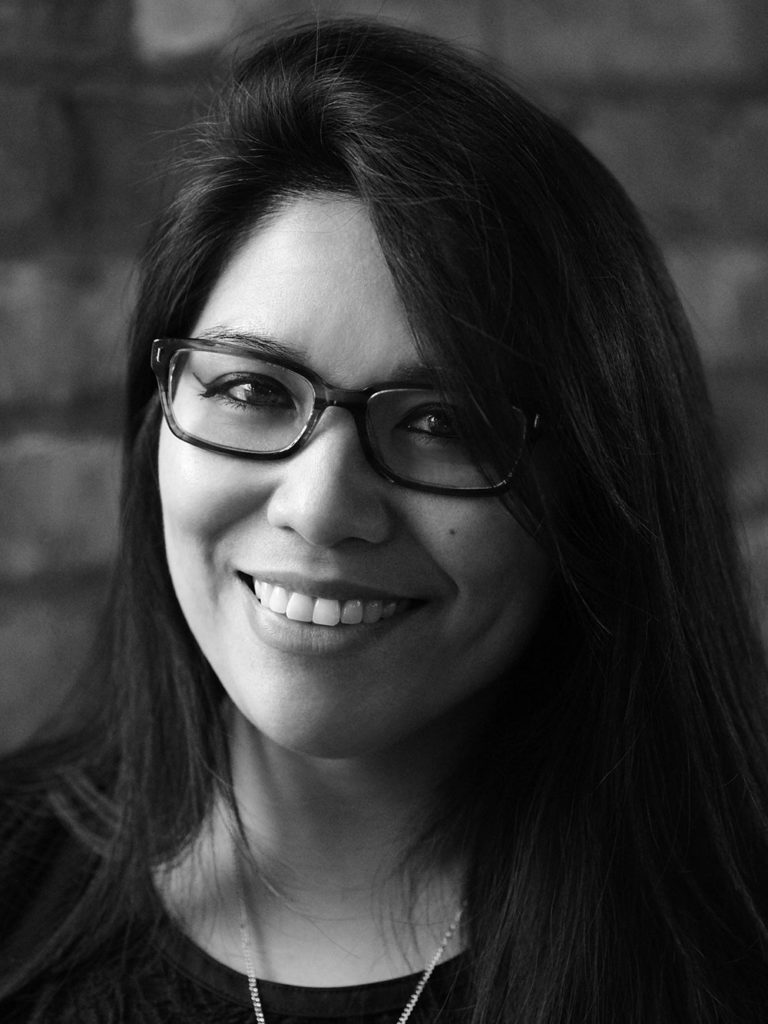Canada’s monumental legalization of cannabis this past October launched an eruption of cultural shifts and new avenues for business. Today, we’re celebrating the country’s first legal 4/20 by highlighting women in the cannabis space. Get acquainted with three female leaders in the industry below as they discuss the high points and challenges of navigating this new landscape.

Annie MacEachern, Consumer Channels Coordinator at The Supreme Cannabis Company

Alison Gordon, CEO at 48North Cannabis Corp.

Abi Sampson, Cannabis educator, enthusiast, & activist
Can you touch on your experience being a woman in the cannabis space?
AM: “My interest in the cannabis industry sparked in 2015 when I read in Newsweek that it was forecasted to be the first billion dollar industry to be led by women. Unfortunately, that hasn’t been reflected in the Canadian cannabis industry, but it remains one of my biggest driving factors to work in the industry.”
AG: “I think there is great opportunity for women in cannabis, but like many other industries, it is male-dominated and not always easy to find a way in. Many times I’m the only woman in the room, but I’ve found that that also allows me to stand out. Women bring different perspectives and values to the workplace, and a more diverse team leads to a more well-rounded outcome. With 48North, we’ve made a point of supporting and mentoring women—something that I hope we’ll start seeing more of as more and more women find their way into cannabis.”
AS: “I’ve always felt blessed to have the support and friendship of so many empowering, incredible women in the cannabis space. This industry moves so fast, it’s easy to get caught up in the never ending to-do list and constantly updating newsfeeds, all while trying to shift public perspectives on a heavily stigmatized plant and keeping in compliance to regulations that can literally change overnight and vary from municipality to city to province. When I reflect on some of the most memorable and personally relevant or trying times in my cannabis career, my cannagalpals have been my biggest (and loudest) cheerleaders, teachers, and sources of inspiration.”
What are some common misconceptions about cannabis you’re hoping to demystify?
AM: “That people who consume cannabis (daily) are lazy and/or stupid. There are people who consume cannabis daily for medical/therapeutic use and they are doctors, lawyers, teachers, CEOs, parents, etc. Cannabis has allowed me to be my most socially and politically engaged member of my community.”
AG: “There is still a lot of stigma around cannabis use that we’re trying to combat with 48North and especially our online platform, Latitude. We want to take the benefits of this plant and introduce it to a larger audience in a way that isn’t intimidating or carrying misconceptions from prohibition. Cannabis can be used in so many ways—we really want to move away from pigeonholing users into the stereotypes of the past and normalize it as a therapeutic plant.”
AS: “A common misconception about cannabis consumers is that they are ‘lazy burnouts’. From athletes to CEOs, some of the smartest, most driven, resilient and hard-working people I know consume cannabis, live incredibly busy and active lives, and juggle multiple responsibilities.”
What do you think is next on the horizon for the cannabis industry?
AM: “I think that vaporizers and concentrates are the future of the industry. I’m sure we will always see people smoking joints, but vape pens are about to dominate the market.”
AG: “There is so much to come for the cannabis industry. This October, next-gen products such as vapes, topicals, and edibles will become legal and I think we’ll see the market expand in really important ways. There is still no one brand that dominates the industry, so the opportunity to build brands that will become foundational is exciting.”
AS: “I think the cannabis industry will begin to move away from a white male-dominated space and we will begin to see more diversity in leadership and in the C-Suite. Cannabis is unique in that there is no typical cannabis consumer nor one accepted lifestyle—folks from all walks of life, with vastly different lived experiences, use or have been affected by cannabis. Representation matters and is required, as cannabis prohibition is deeply rooted in racism, discrimination, and oppression.”







